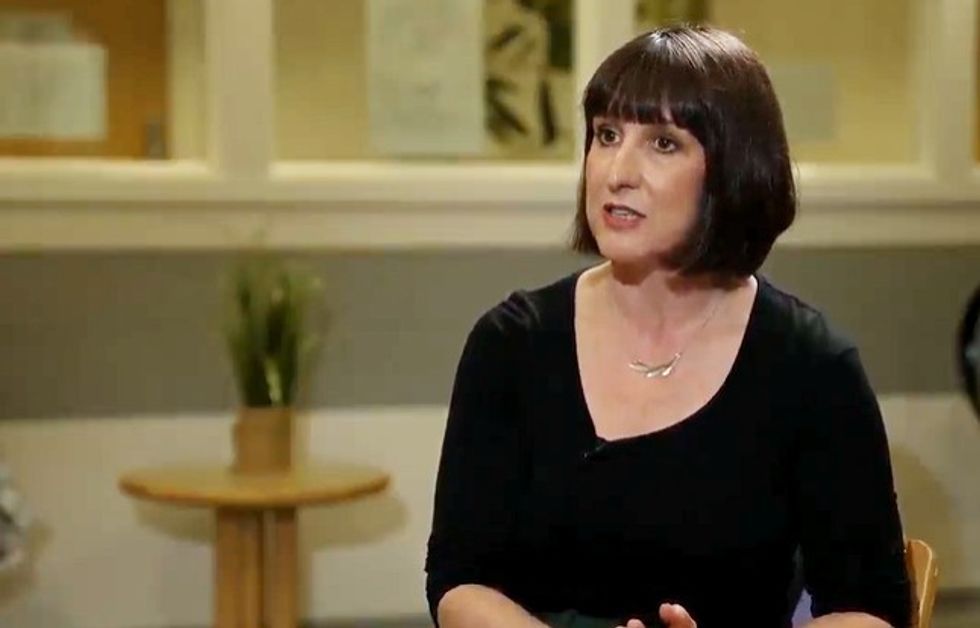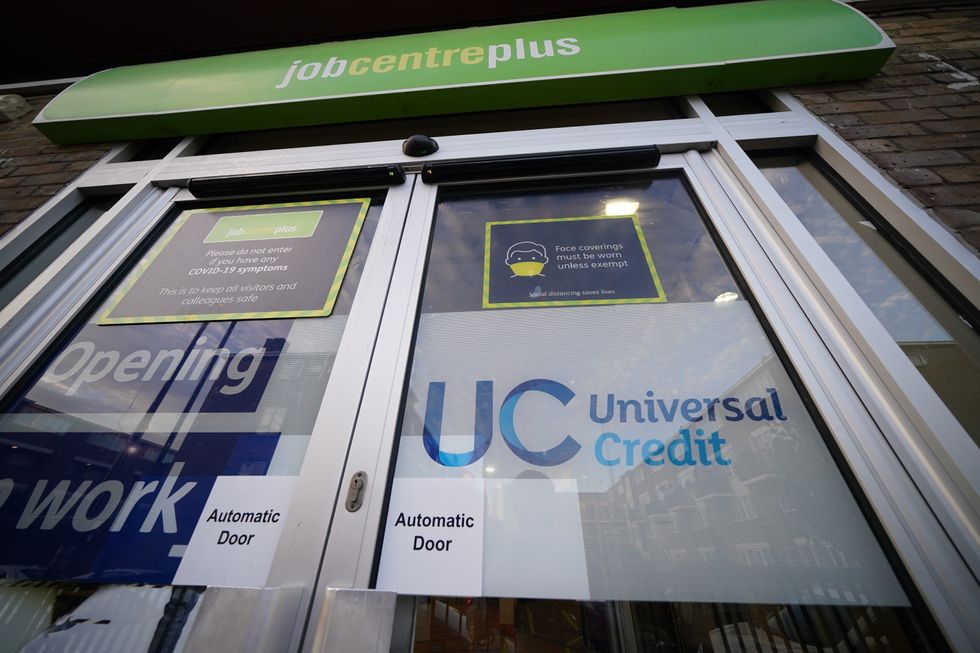Stella Creasey says cutting benefits will not 'magically' create jobs for unemployed
GB NEWS
Chancellor Rachel Reeves and Pensions Minister Liz Kendall are in the process of changing how Universal Credit is administered
Don't Miss
Most Read
Trending on GB News
The Department for Work and Pensions (DWP) has implemented a major change to Universal Credit payments this month with claimants being urged to check if they have been affected.
From April 7, 2025, the maximum deduction rate from the standard allowance was reduced from 25 per cent to 15 per cent, which was announced by Chancellor Rachel Reeves in last year's Autumn Budget..
This significant adjustment to the Fair Repayment Rate affects how much can be deducted from Universal Credit payments to recover debts.
Previously, the DWP and third parties could deduct up to a quarter of someone's standard allowance. The move is intended primarily to help the worst-off families across the country.

The DWP has made massive changes to Universal Credit - are you affected?
GETTY
According to the Government, this reduction in the Fair Repayment Rate will benefit 1.2 million households which includes 700,000 families with children who will see an increase in their Universal Credit payments.
The change represents a significant shift in how debt repayments are handled for benefit claimants with affected households seeing their incomes boosted by up to £420 a year - or £35 a month.
Sebrian McCullough, the director of external relations at debt free advice firm Money Wellness, outlined why this latest development is welcome.
McCullough said: "We've been lobbying for changes to benefit deductions for some time. The reduction from 25 per cent to 15 per cent is a positive step for some of the most vulnerable in society."
Do you have a money story you’d like to share? Get in touch by emailing money@gbnews.uk.

Rachel Reeves has asserted that 'tough decisions" over benefits spending
GB NEWSHe added: "64 per cent of the people we support with benefit deductions also need access to a food bank."
Alongside this change, the Government has moved child maintenance deductions higher up the regulated priority order.
The DWP has put in place special protections to ensure child maintenance deductions can still be made even if this exceeds the new 15 per cent cap.
This exception recognises that child maintenance payments provide vital financial support to families. The provision will enable these payments to continue when other payment methods have failed or are not feasible.
This regulatory adjustment for child maintenance payments is temporary and will be in place for one year. During this period, the DWP will gather evidence on how the change impacts Universal Credit households.
They will specifically assess its effect on claimants' ability to address other debts. The evidence collected will determine whether this temporary change should become permanent.
LATEST DEVELOPMENTS:

The UK's welfare state is in the process of a major overhaul a
PAAlternatively, the DWP may decide a different approach is needed based on the findings. Universal Credit and other DWP-related benefits also saw a 1.7 per cent increase on April 7.
However, claimants should note that most benefits are paid in arrears. This means recipients will not see the full uprating in their accounts immediately.
The increase will only be reflected once the next assessment period has been completed.
This applies to both the benefit increase and the new lower deduction rate.








